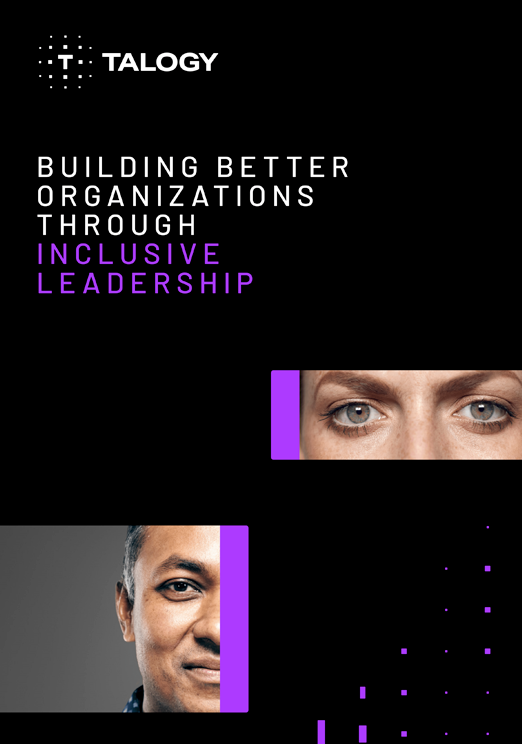Coaching is a powerful tool in talent development. It helps build high-performing individuals with a strong grasp on their role, responsibilities, and growth opportunities, and it also helps accelerate leadership development. But even if you have a strong coaching program, how do you know if your efforts are successful?
By taking a closer look at a particular role or individual competencies, deciding what matters most, and defining your coaching method, you set up the structure that will help you dig into Talent Metrics data and unearth quantifiable data that helps your coaches make the most of their methods.
Are you using success metrics to help meet your #goals? @CaliperCorp tells you how using data can help you hone in and meet your goals efficiently and effectively. Share on XMapping to Competencies
Competencies are the possession of sufficient knowledge or skill. Organizations can use these to determine the most critical competencies for success. They can accomplish this through different models or validations, but at its core, competency mapping helps you identify the specific skills, abilities, knowledge, and behaviors required to operate effectively and efficiently in a particular job or organization. By determining these factors, you can use them to define what a person needs to be successful in a role and in which ways those traits can be measured. This can help mold the success metrics associated with a position.
Bonus Content: What are the core competencies for sales roles? View the infographic!
Define Your Success Metrics
Each team members’ success metrics will vary since success has a different definition for every role. Long-term deliverables, like project completion, or high-volume activity metrics could indicate success for one teammate, but not another. It’s essential to keep track of these metrics for everyone in a shared space. This way, employees can access it at any time and stay on track to hit their goals.
Data can overwhelm, so based on the job function, necessary competencies, and project or developmental requirements, pick only the metrics that are valuable for determining success. Cut the fluff and focus on what matters. Metrics may change over time or be goal-dependent, but changing these measurements too frequently to gain any real insight can lead to an inaccurate representation of the individual, so setting not only the metrics needed but also a timeline is a critical aspect of effective coaching.
#EmployeeCoaching should form a mutual partnership. @CaliperCorp lays out how to make that possible using success metrics to help you get there. Share on XUsing One-to-One Conversations
One-to-one conversations are a highly effective method to deliver coaching sessions. It’s a time for employees to receive dedicated feedback, as well as a chance for the manager to help an employee improve their performance. The conversation is more free-flowing than a traditional performance review and offers individuals the chance to speak more openly and casually about what’s happening in real-time — what their current needs, wants, and roadblocks are.
The goal of these meetings is to help individuals reach their potential. Whereas performance reviews are more generalized conversations based on performance, engagement, and job fit, one-to-one conversations are about growth. Although correction for a specific task or skill may be necessary from time to time, the focus is placed on supporting the individual’s efforts to improve and excel with appropriate resources. The most effective coaches are able to marry the insights they get from performance data with one-to-one conversations, forming a mutual partnership with the people they coach. These are two crucial tools to help employees set the right goals, stack on track to reach them, and determine how they can grow beyond them.
The Caliper Talent Metrics suite can help you get a better understanding of how your coaches make an impact on your employees. Combining role competencies, individual goals, and purposeful conversations, you set the path for stronger, more capable, and higher-performing employees. Using a holistic consulting approach, Caliper works with you to create valid, scalable talent management solutions. Discover how Caliper can maximize your organization’s success. Get started today!

